Get Ahead of the Competition
This article was originally posted on HigherEdJobs.com. Click here to visit the page.
Everyone should apply for at least one job a year. There are many reasons and benefits as to why. Searching now can help you find your dream job, keeps you sharp, and keeps your materials up-to-date. Check out my 5 Reasons Everyone Needs to Job Search This Year for more reasons.
Most people are not really looking for a job all the time, but when a job posting comes across your computer, you read through the details, and you start to think, “I would be great for this job.” You start to daydream about what it would be like to work at that institution, maybe to move to that city, and/or to have that additional income.
You are already becoming invested in the job before you have even applied. Then you start to realize how much work needs to go into applying. You start to think, “I don’t have a cover letter. My resume hasn’t been updated since I applied for the job I am in now. It will take me forever to remember what I have done over the past few years and get it on paper.”
Some people will sit down and crank through the painstaking work and apply. Others feel it is too much work and won’t apply at all. They will stay at the same job and miss out on a potential opportunity to increase their income and develop their career.
But what if you were ready for that job posting? What if your cover letter and resume were, for the most part, up-to-date? Instead, what if you could spend your time tailoring your materials to the job description to increase your chance of an interview?
You need to and can get ahead of the competition. These five steps will give you a jump start on the beginning of the job search process.
1. Decide what is important to you.
Go into your job search with intentionality. Think about what will guide you through this process. Ask yourself the following questions to get started.
• Why am I searching? Money, location, career growth, just to see what’s out there, to keep my skills and materials sharp?
• What type of institution do I want to work for? Why?
• What type of institution or job won’t work for me?
• Where do I want to live? Do I have any location restrictions?
• What type of work culture am I looking for?
2. Set up and automate your job search process.
• Create an account with HigherEdJobs and set up a Job Agent. If you are not looking for a job in higher education then check out Indeed.com to set up an automated job search account in an field. Choose your job search criteria and when a new position that meets your criteria is posted to the site, you’ll receive an email.
3. Create a cover letter template.
This is so you can easily change the name of the institution, how you heard about the job, and how you meet the specific required and preferred qualifications. While you want to come across as genuine, a cover letter template will give you a great place to start.
4. Create and update an exhaustive resume.
An exhaustive resume, in essence, is a document of everything you have ever done. Using an exhaustive resume is like looking at a menu to decide what you are going to eat for dinner or what information you will be putting on your resume for the job application. You can read more about how to create an exhaustive resume here.
5. Set up a tracking process.
Decide how you will track your applications. Are you just going to try and remember everywhere you have applied or will you create some sort of tracking document? Will you be using a website or job board? Either way, you should track your progress for all of your applications.
Spending the time preparing for your job search has many benefits. Preparing allows you to apply to job postings quicker. Preparing allows you to spend more time on what really matters — customizing your application materials to the position you are applying for –which can increase your chances of becoming a more qualified applicant. If you are not spending time preparing for your job search it will show on your materials with misspellings, the wrong company name on the cover letter, or a failure to address the qualifications of the job.
This recently happened to me. I wasn’t actively looking for a new job but I saw an interesting job posting in my email from the Job Agent search I set up a couple of years ago with HigherEdJobs. Because I followed the steps above and keep my materials ready to go, I was able to spend the time tailoring my application materials to this particular job so that I could be a more qualified applicant and advance to the interview stage of the process.
Do you take the time to prepare for your job search ahead of time? How has that worked out for you? Let us know how you prep for a job search below.


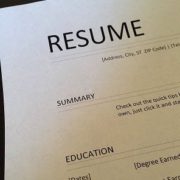
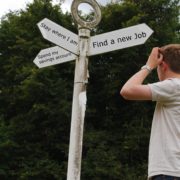

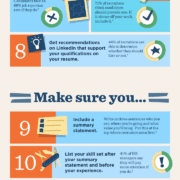
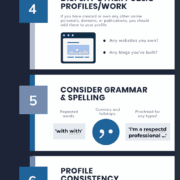

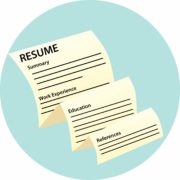


Hi there friends, pleasant paragraph and good arguments commented at this
place, I am in fact enjoying by these.